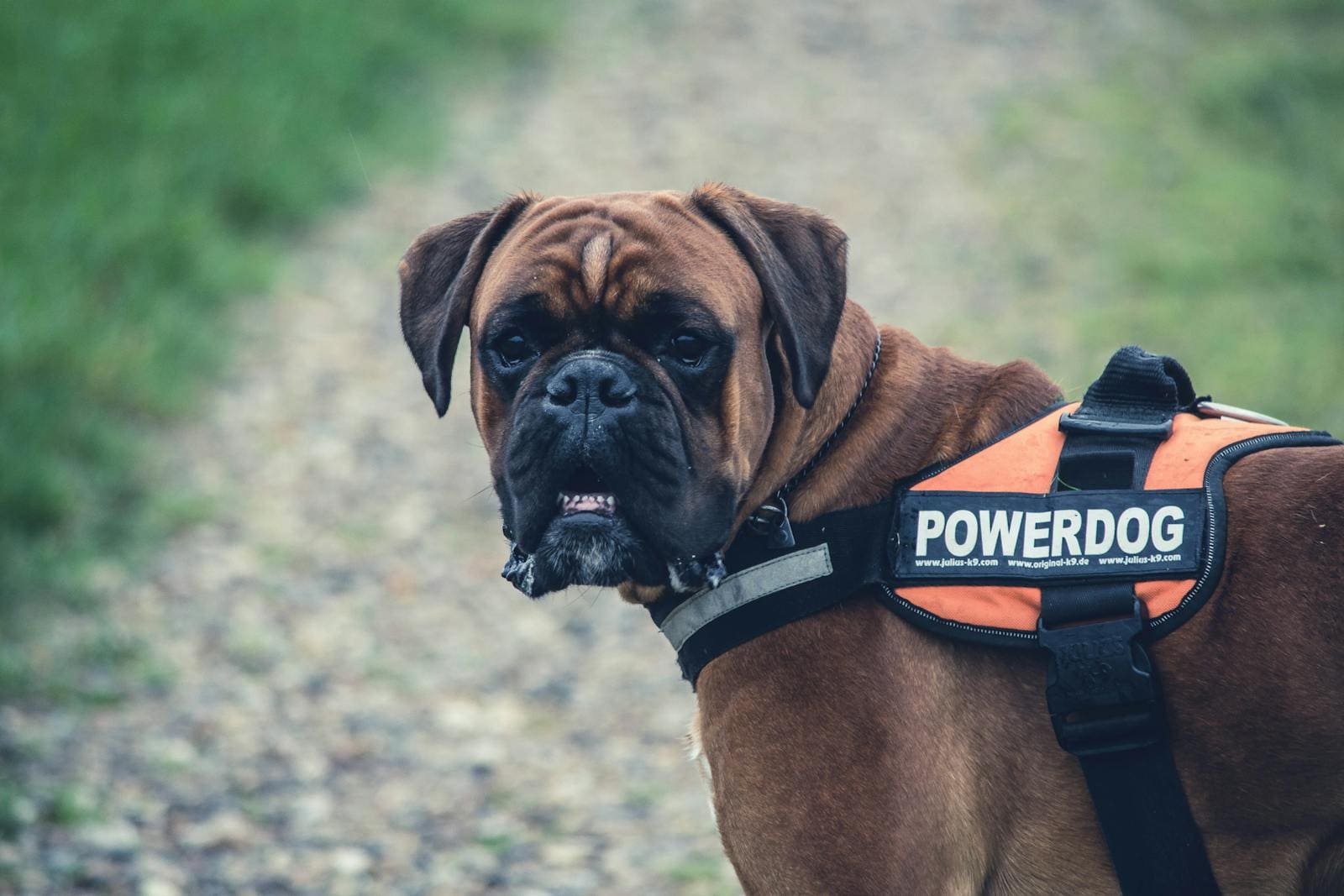A guard dog can help you and your family feel secure and offer protection. However, there are many other responsibilities and things to consider when owning a guard dog. Here are ten vital things you must know first.
10. Should You Get a Guard Dog?

While guard dogs offer protection, there are many other considerations, including ongoing expenses, training, and liability if someone is injured. Guard dogs need lots of exercise. It’s difficult to train a dog to be vicious toward intruders yet friendly to non-threatening friends, family, and strangers. annoying and continually warn you about non-threatening things that startle them.
9. The Best “Guard Dog” Breeds

Certain dog breeds have instincts that make them natural guard dogs. These dogs will alert and protect you against intruders. The best guard dog breeds have a mixture of intelligence and high-training ability. The best breeds include German Shepherd (and other Shepherd breeds), Belgian Malinois, Doberman pinscher, Rottweiler, Bullmastiff, and Akita.
8. The Expense of Caring for a Guard Dog
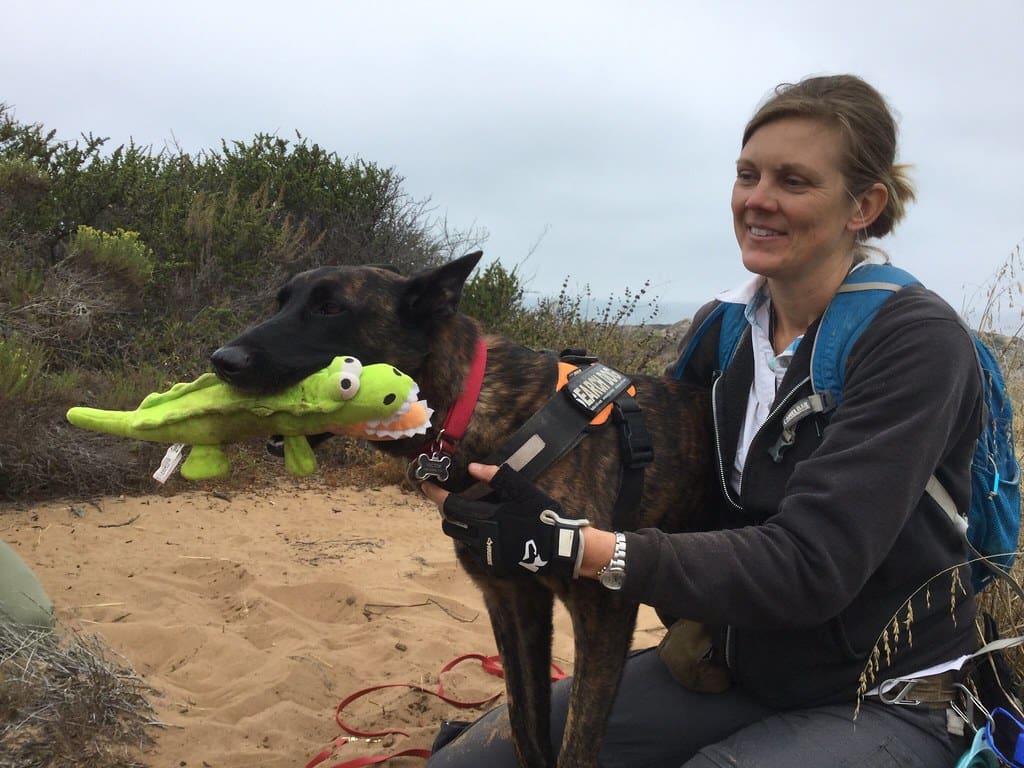
Owning a guard dog is expensive. Beyond the costs of the dog and supplies, there are early training and veterinary costs. Ongoing costs include high-quality food. On the other hand, if your guard dog protects a business, you may qualify for a tax break for the cost of food, training, vet care, and dog-proofing your place of business.
7. Exercise Requirements of Guard Dogs

Working dog breeds require more exercise than other breeds. But guard dogs, in particular, need even more exercise to keep them in top shape. If you are unable to provide your dog with the level of exercise it needs, you may need to hire someone to keep your dog healthy and agile.
6. Guard Dogs Need Extra Training
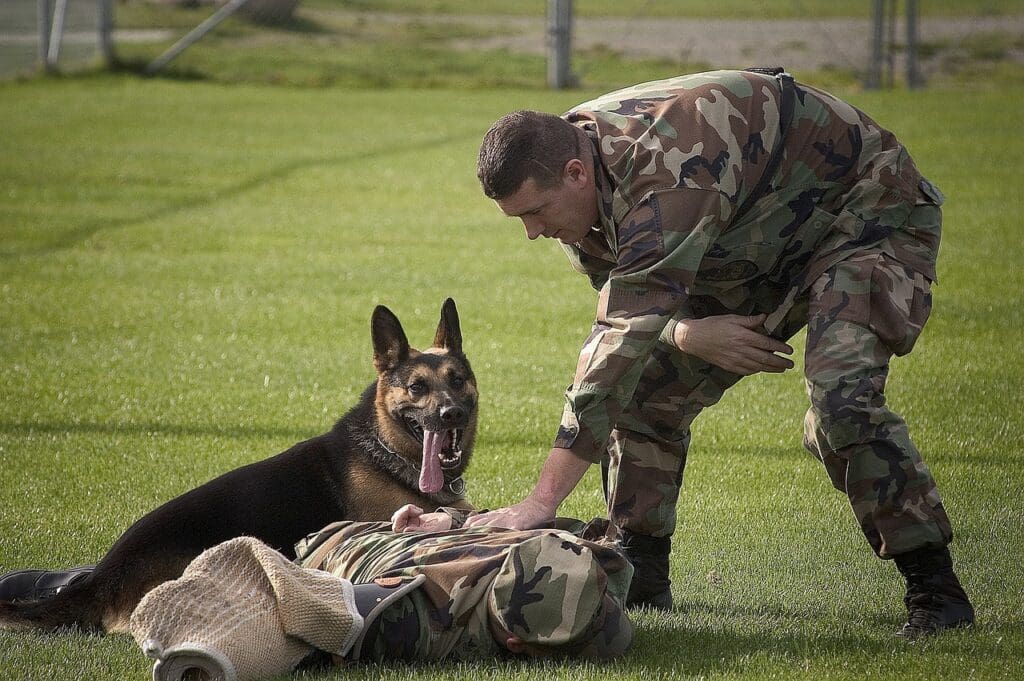
Beyond basic obedience training, which all dogs benefit from, guard dogs need additional training. Guard dogs must know how to react in certain situations. During high-pressure situations, guard dogs must listen and obey commands to protect you without causing more harm than necessary. A professional is required to provide this advanced training.
5. Guard Dogs Need Vaccinations ASAP
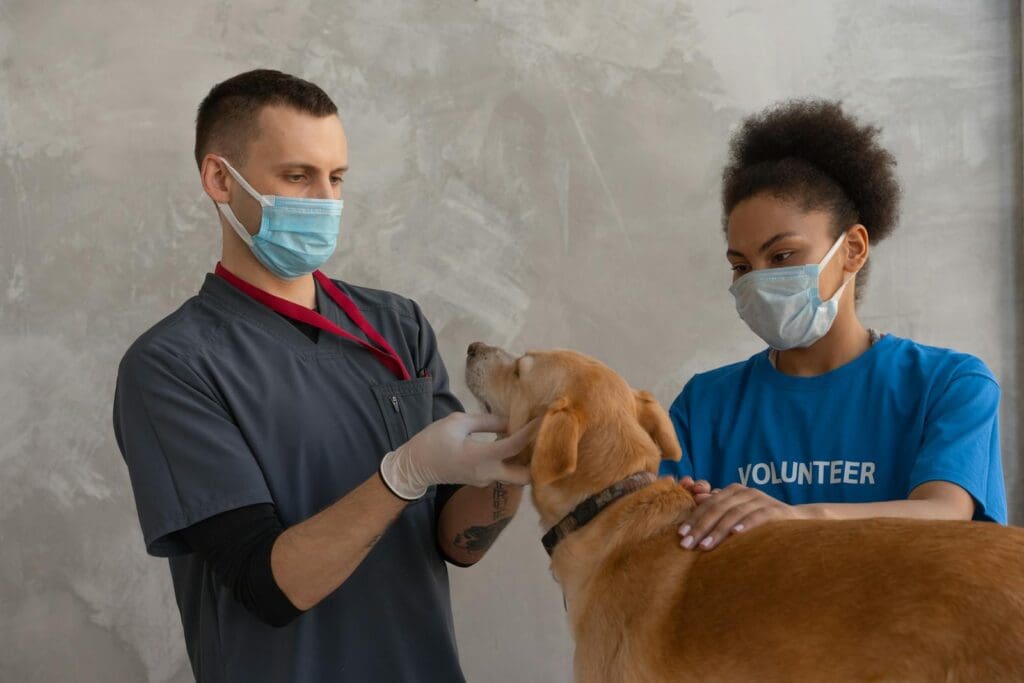
Guard dogs are more likely to go after prey and can bite into an animal with rabies, a virus, parasites, or some type of infection. It is crucial to get your dog vaccinated as early as possible. Initial vaccinations start at six weeks old and continue to 16 weeks. Your vet will help you manage your ongoing vaccination schedule.
4. Learn How to Treat Dog Bites
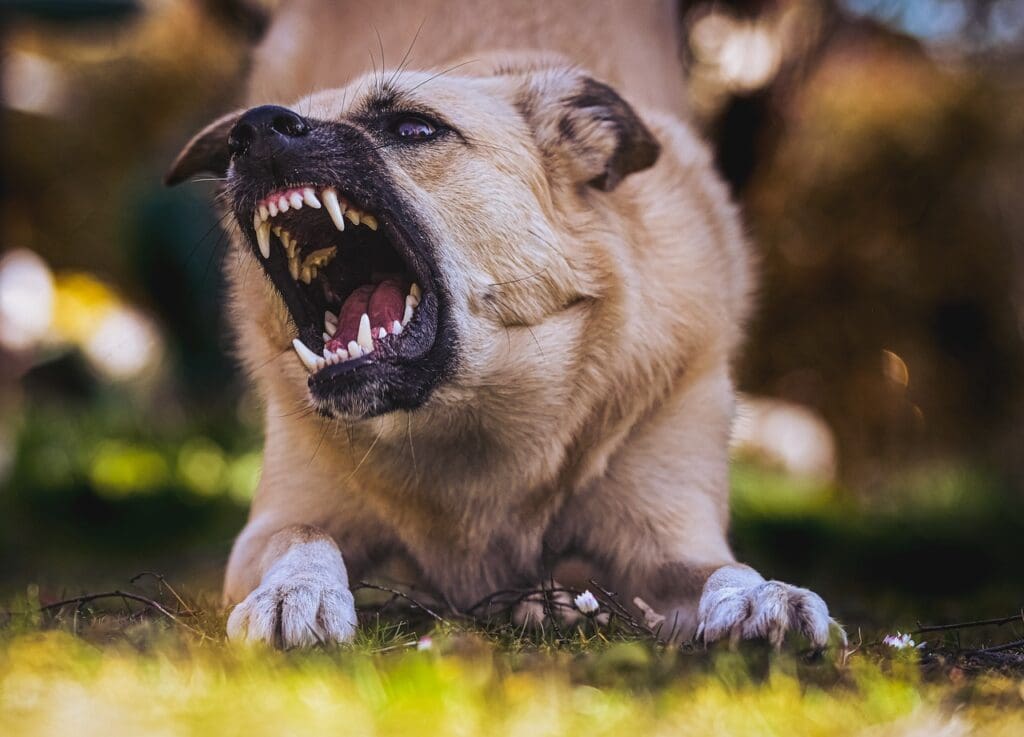
It’s always possible that your guard dog could bite another person or animal. Your dog’s vaccinations must stay up-to-date. Learn how to treat dog bites and any wounds your dog may receive. Basics include washing the wound with soap and water, applying an antibacterial ointment to the bite, and covering the wound with a clean bandage.
3. Learn to Spot Signs of Infection
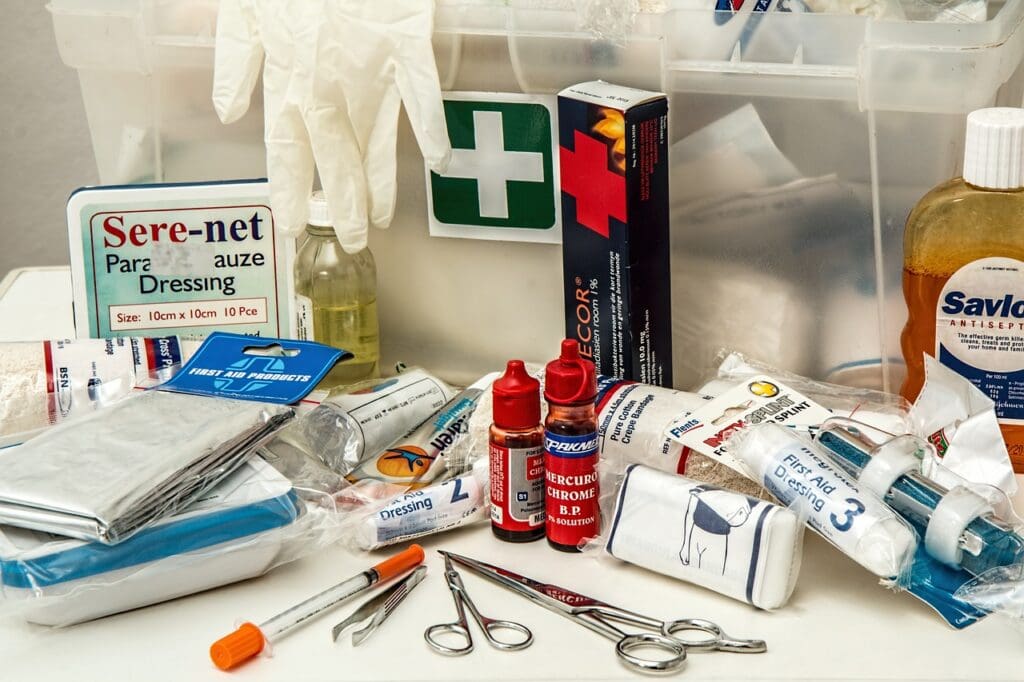
If your dog bites someone or receives a wound, it’s important to know the signs of infection. Infected wounds typically become red, warm, swollen, and tender when touched. There may be yellowish or greenish discharge. If you suspect an infection, visit a medical care provider immediately. Infections carry the risk of spreading to other parts of the body.
2. Liability for Dog Bite Injuries

Guard dogs carry the risk of attacking another dog or person. This is why proper training is crucial. If the owner is found negligent, the owner could be held liable for injuries. Always obey leash laws, as well as laws regarding fencing, which can also hold owners liable. Familiarize yourself with dog bite laws in your state.
1. Guard Dogs Have a Greater Risk of Injury, Could Need Pet Insurance
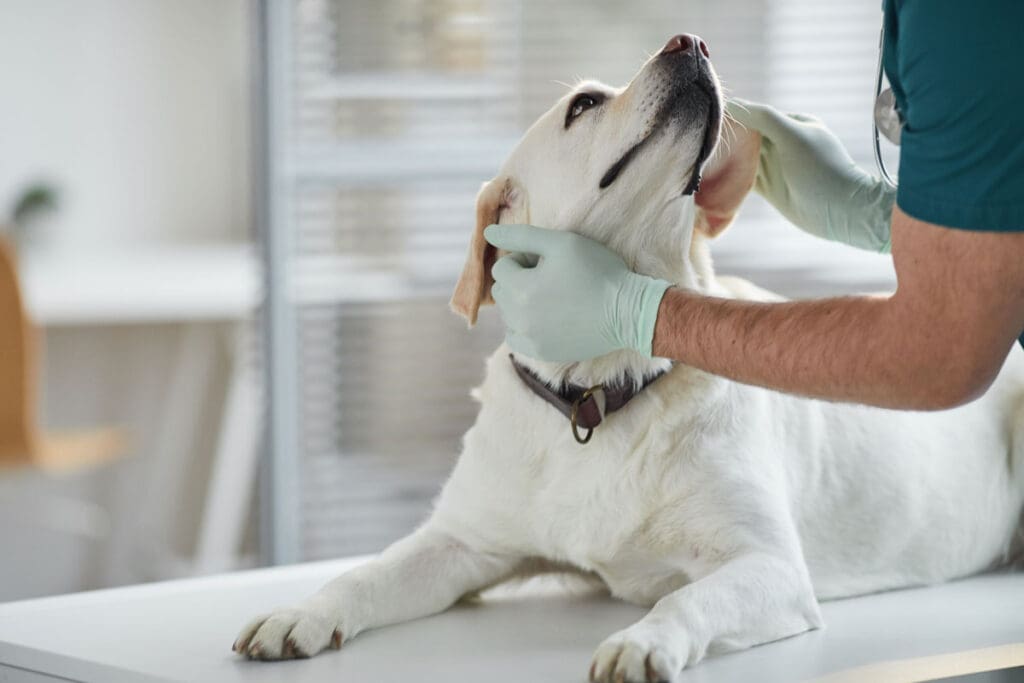
While a guard dog is there to protect you, it is at greater risk of being injured. In a dangerous situation, a non-guard dog may escape or hide, but a guard dog will face it head-on, putting itself at risk. If you have a guard dog, it’s wise to consider obtaining pet insurance. Be sure to check for exclusions.

